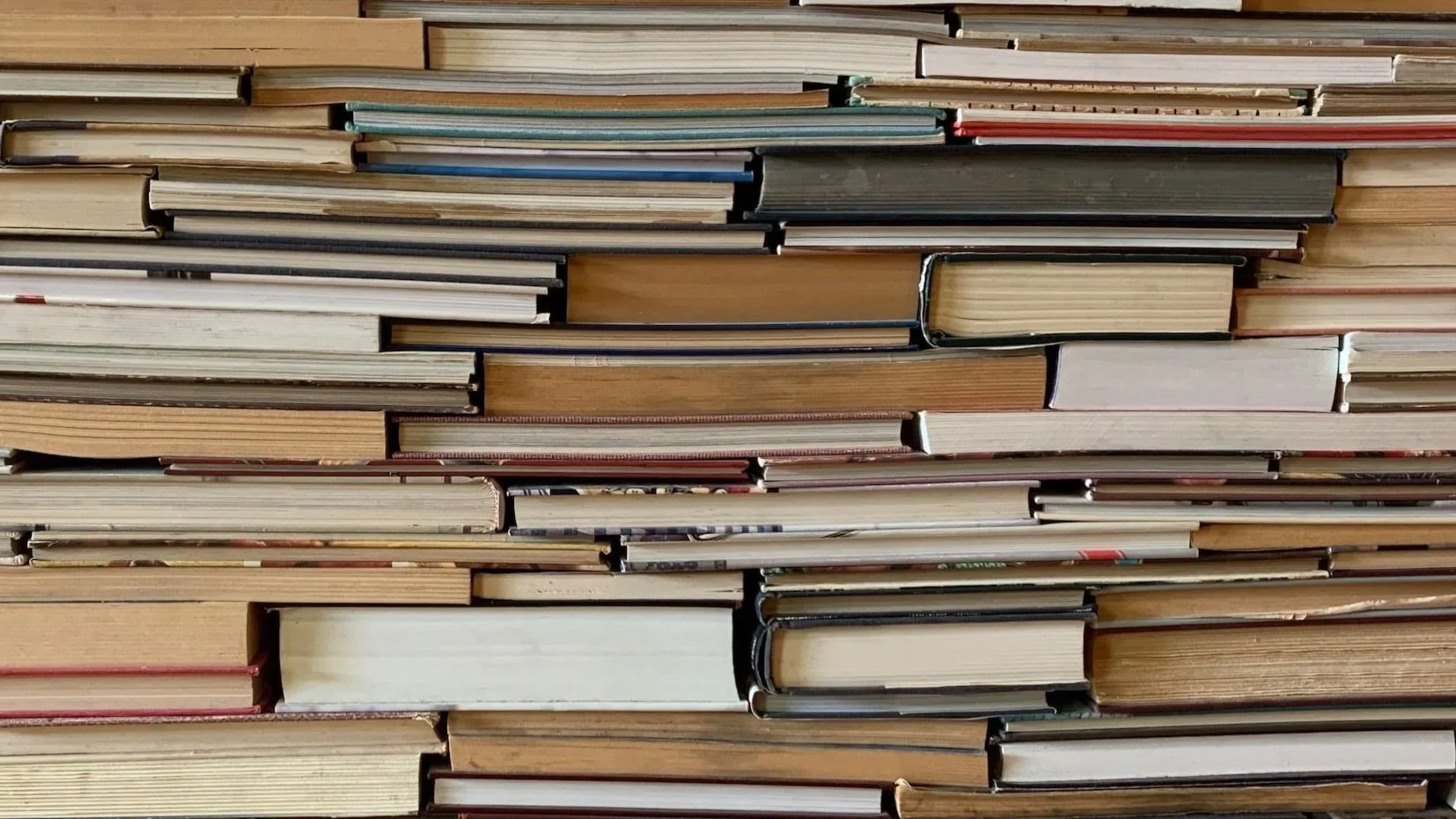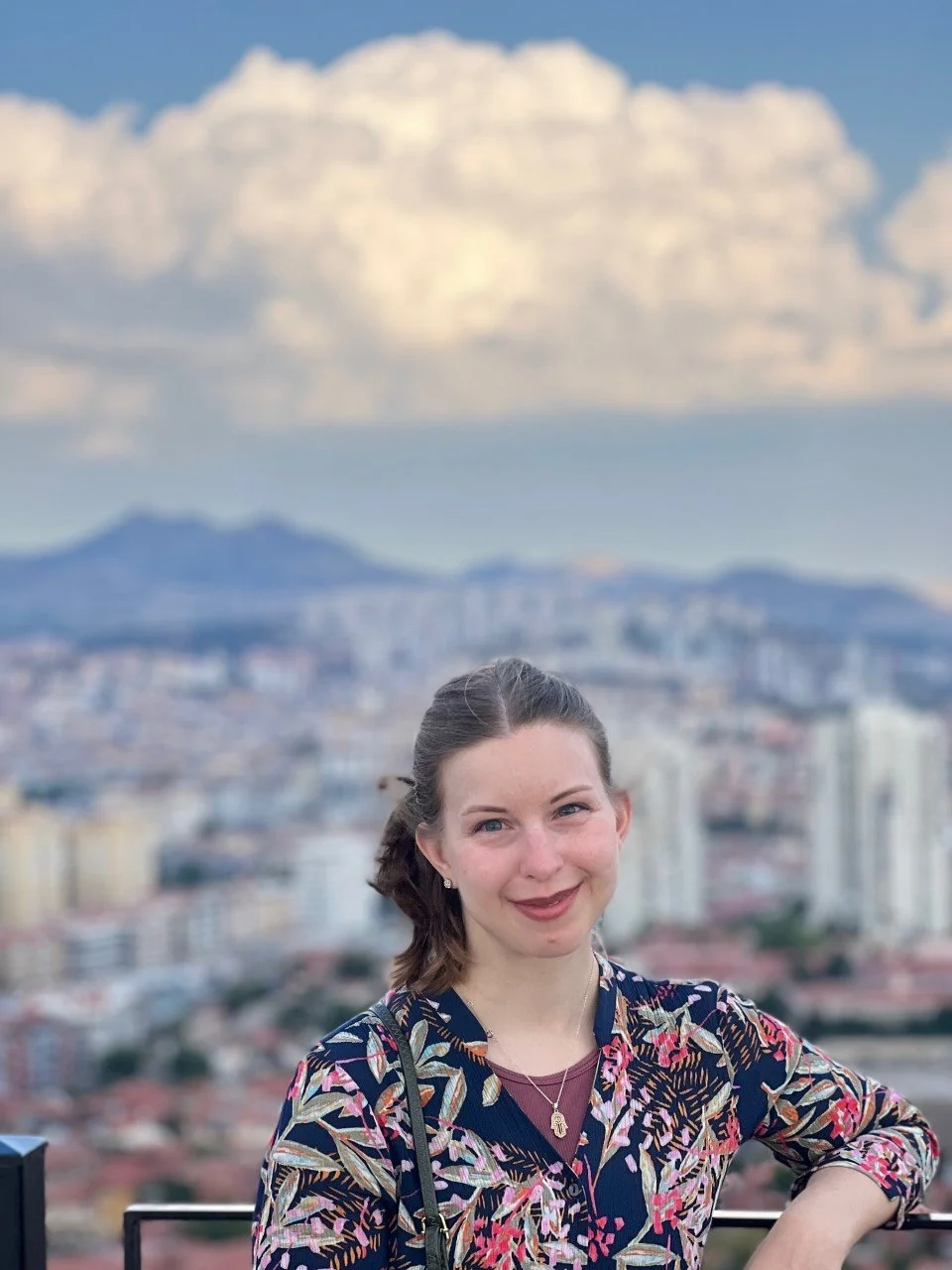Selected Publications
PEER-REVIEWED JOURNAL ARTICLES
Evolving Conceptualizations of Peace Education in Hiroshima, Japan
december 2022
Arthur Romano, Jacob Werblow, and Audrey Williams — Asian Journal of Peacebuilding, Vol. 10(2), pp. 411–434.
Japan is a world leader in peace education, and Hiroshima is one of the world’s centers for peace. While the peer-reviewed literature on Japanese peace education is growing, few studies address how present-day peace educators in Hiroshima conceptualize peace education. This study aims to better understand how peace educators in Hiroshima (re)conceptualize, adapt, and apply their work. Using a grounded theory approach, we answer the following research questions: (a) How do contemporary peace educators in Hiroshima conceptualize their work? (b) How has this conceptualization changed or evolved over time? Interviewees presented convergent and divergent insights around three main themes: definitions of peace as a collective identity and constructivist process, metaphors for peace as informing pedagogy, and efforts to challenge taboos through a social justice lens.
REPORTS
Beyond Boundaries: The Role of the IAEA in Balancing Security and Development Priorities in the 21st Century
November 2014
Audrey Williams for The Stimson Center
As the international agency tasked with safeguarding nuclear technologies for peaceful uses, the IAEA must be a central actor in meeting the new proliferation challenges posed by nonstate actors. This report seeks to clarify the dual role the IAEA plays in both the safety and security of nuclear technologies, as well as in the peaceful applications of those technologies. With a mandate to “encourage and assist research on, and development and practical application of, atomic energy for peaceful uses throughout the world,” the IAEA has become an important participant in global development through the application of technologies relevant to agriculture, health, water and myriad other applications directly relevant to the health and welfare of global citizenry.
ESSAYS & REPORTED PIECES
The Many Lives and Meanings of “Bella Ciao”
april 12, 2023
Audrey Williams for The Narrative Transformation Lab
What is “Bella Ciao”?
Is it a work song, sung by women mondine (“weeders”) in the rice fields of northeast Italy to bemoan the hard conditions of their work?
Is it a World War II-era resistance song, narrating the fight of Italian partisans against the fascism of the mid-20th century?
Is it a contemporary protest song, taken up by (often left-leaning) resistance movements across the world?
Or is it a commercialized hit, popularized through the Spanish-origin Netflix show La Casa de Papel (“Money Heist”), which fashioned “Bella Ciao” into a plot point?
S-CAR to become the Jimmy and Rosalynn Carter School for Peace and Conflict Resolution
March 10, 2020
Audrey Williams for The School for Conflict Analysis and Resolution
For nearly forty years, George Mason University’s School for Conflict Analysis and Resolution has been a leading figure in the field of peace and conflict studies. On July 1, 2020, it will start the next chapter in its leadership with the adoption of a new name: the Jimmy and Rosalynn Carter School for Peace and Conflict Resolution.
The new name will serve as a tribute to the Carters’ steadfast commitment to the peaceful resolution of conflict worldwide, a transition made timely as the world faces both entrenched and emerging global threats and human security challenges.
Survivors of religious persecution encourage solidarity and forgiveness
July 18, 2019
Audrey Williams for IranWire
On Tuesday, July 16, something remarkable resounded through the Dean Acheson auditorium at the US State Department: the words of the Holy Koran.
“‘Yaa ayyuhannas’— O mankind!” recited Dr. Farid Ahmed, a homeopathic consultant, during his remarks on the first full day of the US government’s second Ministerial to Advance Religious Freedom in Washington, D.C.
Ahmed, a survivor of the March 15 attack against the Muslim community in Christchurch, New Zealand, was invited to speak and share his story along with more than 20 other survivors of religious persecution.
At annual Lynch Lecture, Georgetown Law professor challenges a system of racial injustice
OCTOBER 25, 2018
Audrey Williams for The School for Conflict Analysis and Resolution
“My name is Paul Butler, and I represent the people.”
It is with these words that Professor Paul Butler, who began his career as a prosecutor in Washington, D.C., would begin his opening statements when representing the U.S. government in criminal court.
Delivering the 29th Annual Lynch Lecture on September 26, Butler told the audience that as a Black man, he had once hoped to be able to use his role as a prosecutor to “create change from the inside.”
However, his experience taught him that “our system is too broke to fix.”
The Groundbreaking Contributions of Burton, Laue, and Warfield
Audrey Williams for The School for Conflict Analysis and Resolution
A dedication to rigorous inquiry into the causes of conflict and a serious commitment to innovating sustainable approaches to its resolution have defined S-CAR since its very beginning.
Three of S-CAR’s early figures in particular left an indelible mark not only on the field of peace and conflict studies but also on the legacy of the school: John W. Burton, James H. Laue, and Wallace Warfield.


